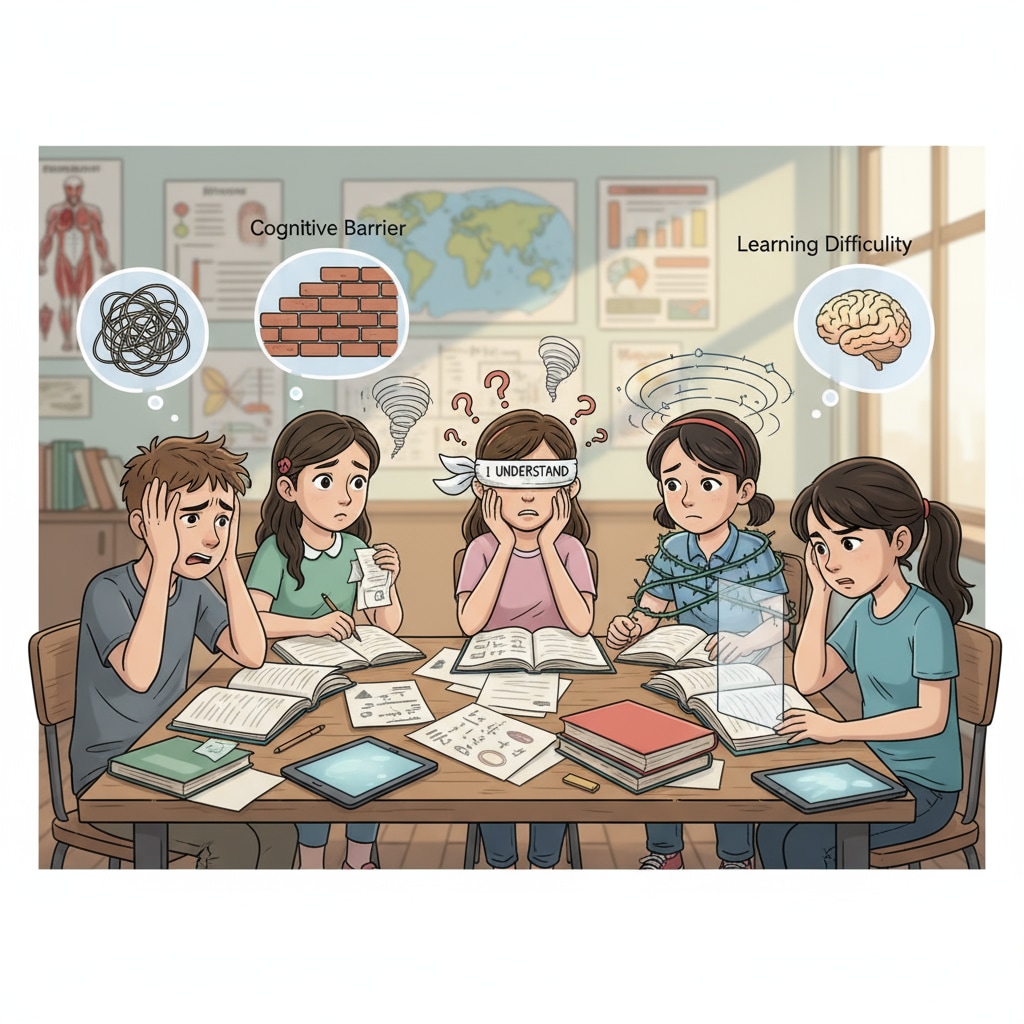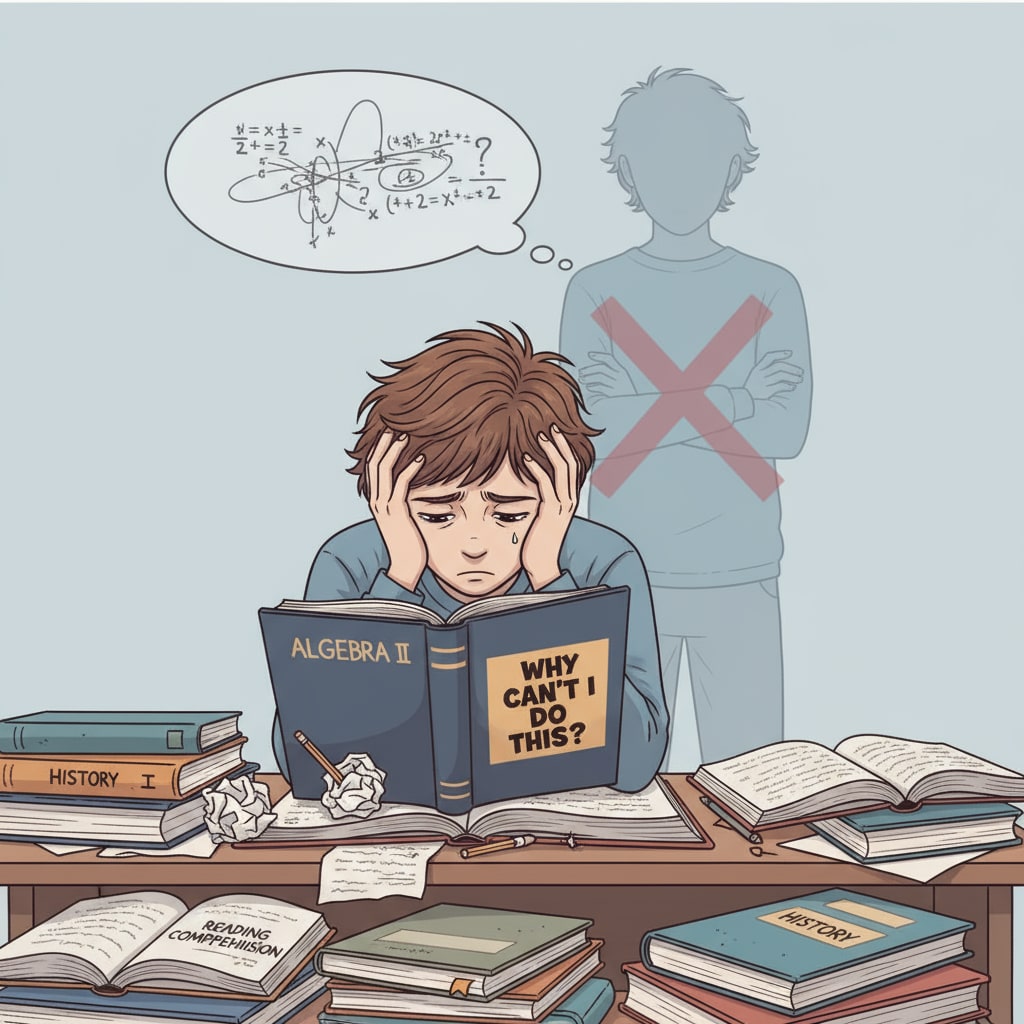Learning difficulties, cognitive barriers, and self-denial often go hand in hand for students in the K12 education system. These challenges can significantly impact a student’s academic performance and overall well-being.

In K12 education, students with learning disabilities frequently encounter cognitive challenges that make it tough for them to keep up with their peers. This can lead to a sense of self-denial as they struggle to measure up to academic expectations.
The Impact of “Talent Theory” on Students
The so-called “talent theory” prevalent in society has a detrimental effect on students’ psychological development. It implies that some students are born with innate abilities, while others are not. As a result, students who face learning difficulties may start to believe they are less capable, further fueling their self-denial. According to Educational Psychology on Wikipedia, this mindset can create a vicious cycle, where low self-esteem leads to even poorer academic performance.

Identifying Cognitive Barriers
Cognitive barriers can manifest in various ways. Some students may have trouble with reading comprehension, while others struggle with mathematical concepts. These barriers are not a reflection of a student’s intelligence but rather a sign that they need different teaching methods. For example, a student with dyslexia may have difficulty decoding words, which is a significant cognitive hurdle. As stated in Learning Disability on Britannica, understanding these barriers is the first step in helping students overcome them.
Self-denial can be a major roadblock for students with learning difficulties. They may constantly compare themselves to their classmates and feel inadequate. This negative self-perception can prevent them from reaching their full potential. However, it’s crucial to remember that every student has unique strengths and abilities.
Readability guidance: By recognizing the signs of cognitive barriers and self-denial, educators and parents can take proactive steps. They can provide targeted support and create a positive learning environment. This will help students gradually break free from the shackles of self-denial and build their self-worth.


